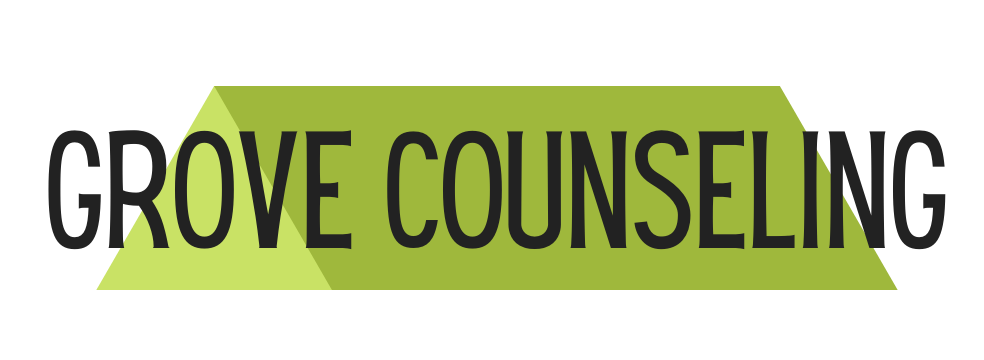Yes, you’re needy. We ALL are.
Introduction
If you’ve ever been called needy, congrats! Welcome to club human. We all have needs and that is OKAY. Our needs help inform our boundaries. We need boundaries to feel safe in our world; they allow us to get along with others and make decisions based on what is best for ourselves rather than what makes others happy or gives them power over us. For instance, when someone asks you to do something you don’t want to do—say, go out on a date with someone who makes you uncomfortable—you can say no because your boundaries tell you that it would not be good for you to spend time with this person.
Boundaries protect and preserve your feelings.
Boundaries are not selfish. Having needs means you’re a person with feelings.
When we know what we need, we can set boundaries that align with this. Boundaries help establish your autonomy and allow you to say no. Does this mean you won’t ever get kickback or that people won’t push back on you stating your needs? No. The key here is to remember that boundaries aren't just about what YOU want; they're also about giving respect to other people and their limits, too—like how much time they can spare in their busy lives. A "yes" isn't always an invitation for more commitment—and sometimes a firm "no" will be appreciated by everyone involved! But if it doesn't feel right, then don't do it! It's YOUR decision - not theirs.
Your boundaries may change over time.
You may be surprised by how much your boundaries change over time. For example, many people who were raised in strict homes frequently find that they have a lot of trouble setting boundaries later in life because they've never felt safe or empowered to do so before. This is understandable! But if you need more boundaries now than you did at another point in your life, don't feel guilty about it. It's totally natural for our needs and wants to evolve as we get older and experience new things.
Boundaries don’t just protect you from others.
You might think that boundaries are only for other people, to protect you from them. But boundaries aren’t actually about protecting yourself FROM others. Boundaries can help you set limits on your own behavior and the way you use your time, energy and resources.
Boundaries also have an important role in protecting your mental health. When we don’t have limits or respect our own needs, it can lead to stress, anxiety and depression. It can even lead us to feel exhausted all the time—like nothing is ever good enough or we aren't able to get enough done in life.
You can ask for what you need.
You can ask for what you want. You're not being selfish, but rather honest and responsible with yourself and others. How do you actually ask for what you need? Start by practicing identifying and naming your emotions as they come up. For example, if you notice you’re feeling resentful toward your partner, what need might that resentment be asking for? Maybe you need more intentional time spent together, or for your partner to take on an extra chore. Then you can take this need, put it into words, and communicate it: “Hey love, I noticed when I get home and am met with a lot of questions and big energy, it makes me feel overwhelmed. I’d love to have 10 minutes after I walk in the door to myself to unwind and decompress”. Bam! You set a boundary and taught someone important to you how to better love you.
Conclusion
We all want to be loved, accepted, and heard. We all want to feel that we matter to someone. But some people are better at asking for help than others and some people are more likely to get it when they ask. If you’re struggling with feeling needy or afraid of being seen as needy in your relationship, there are ways that you can express yourself in a way that feels less vulnerable and more authentic.
Takeaway: You’re not alone if you feel needy in your relationship or have trouble reaching out for help from others. It’s time for us all to embrace our neediness!

